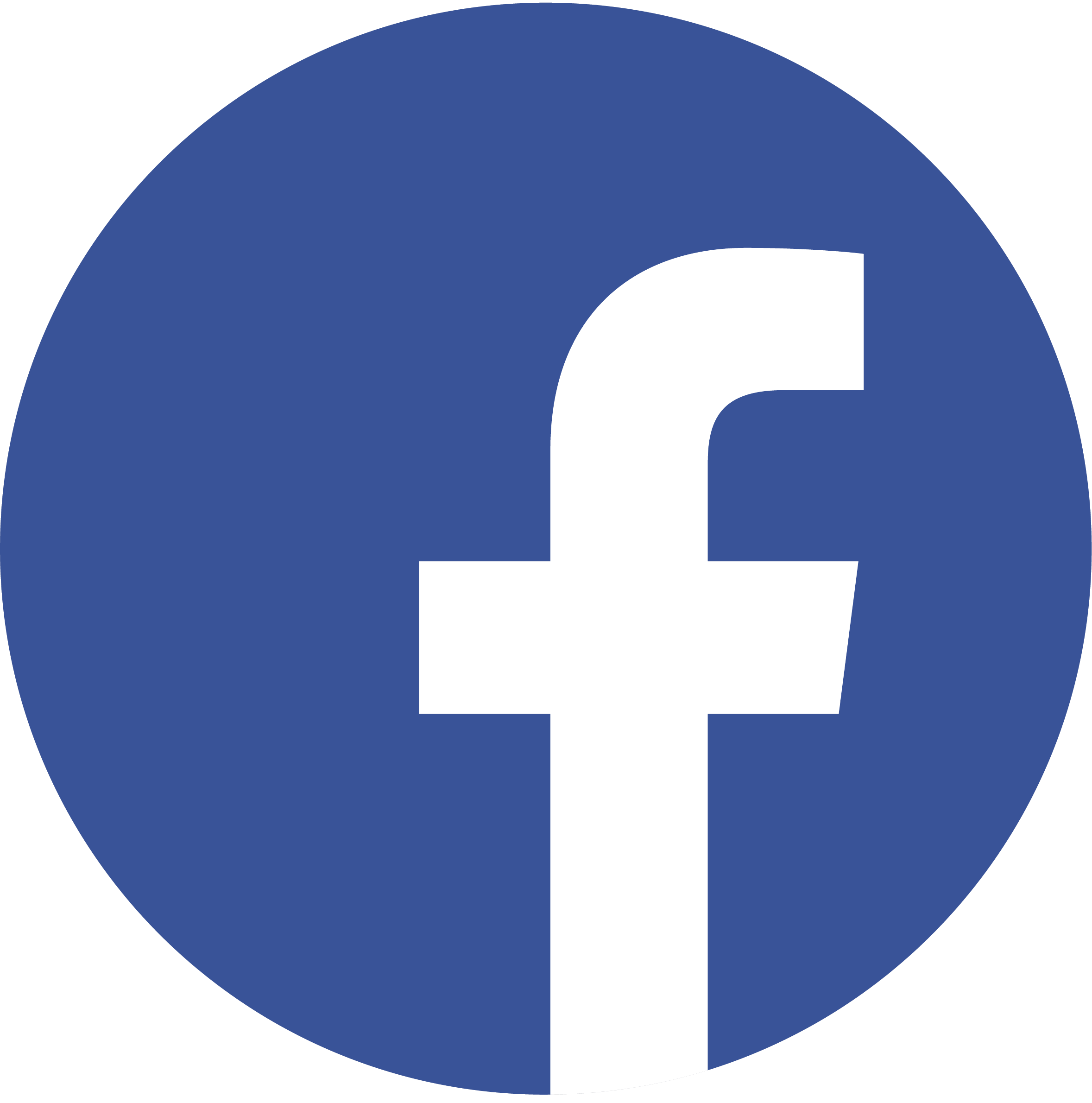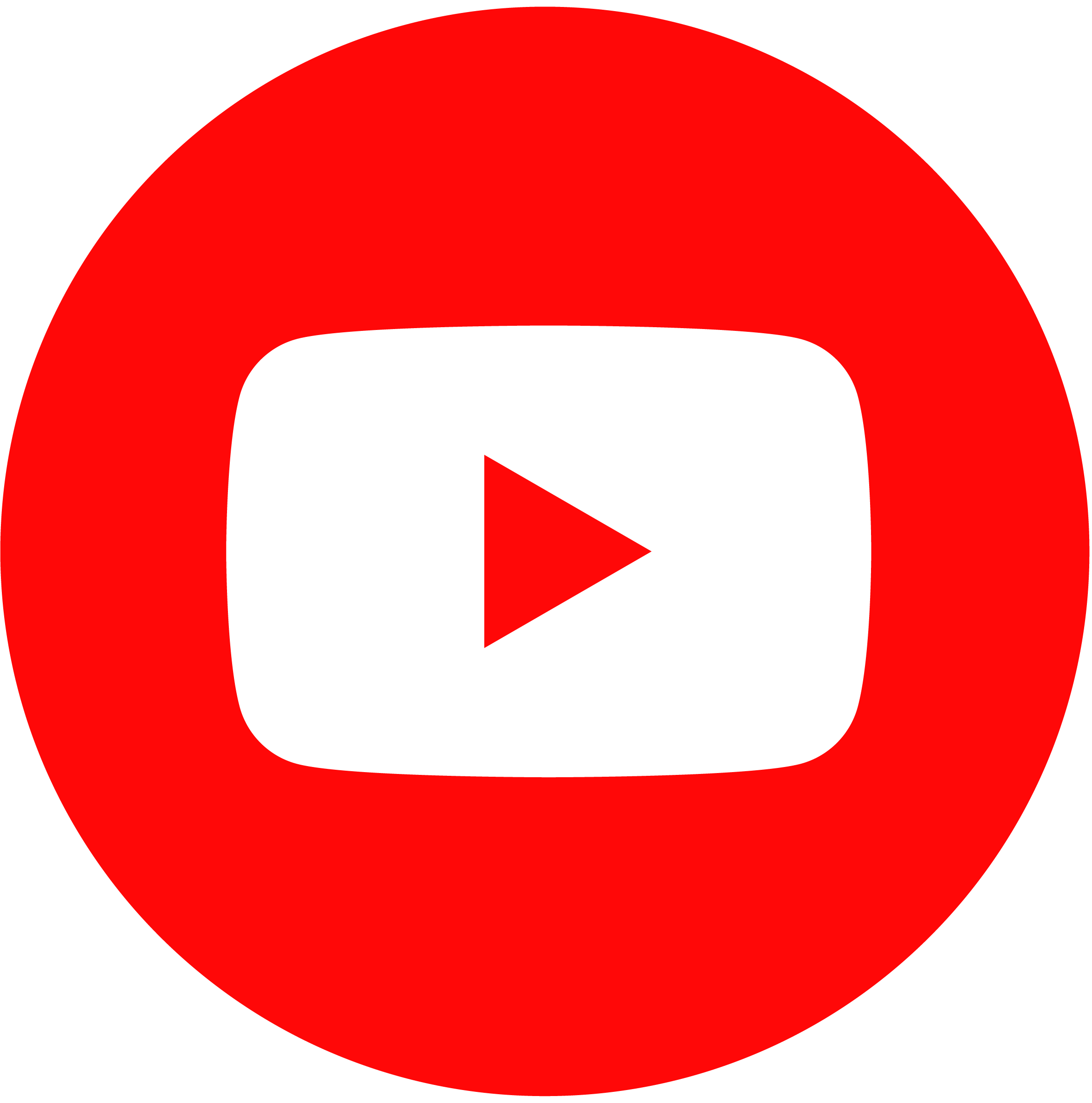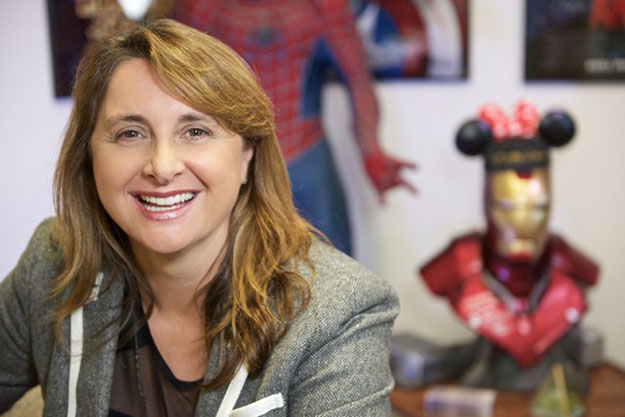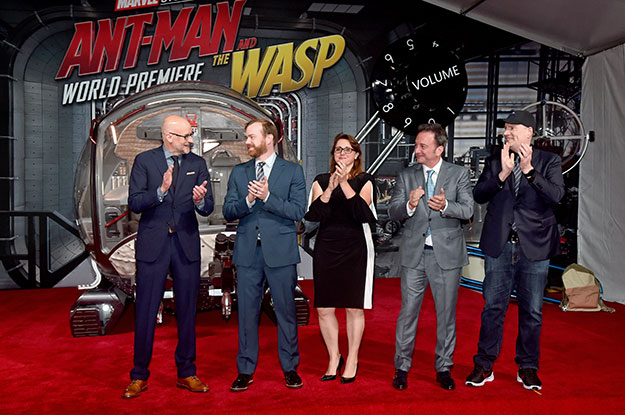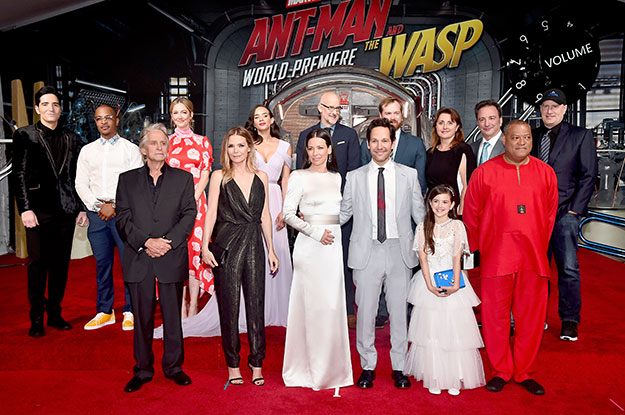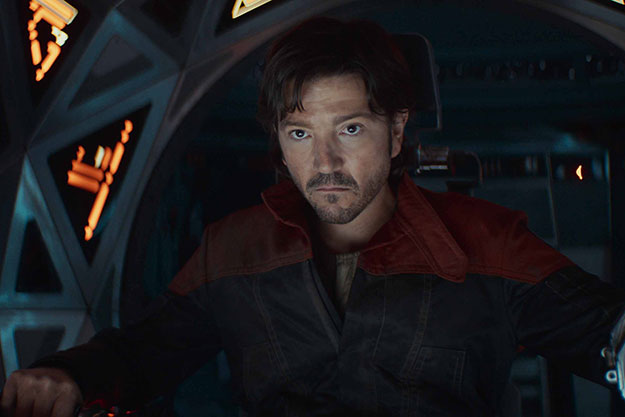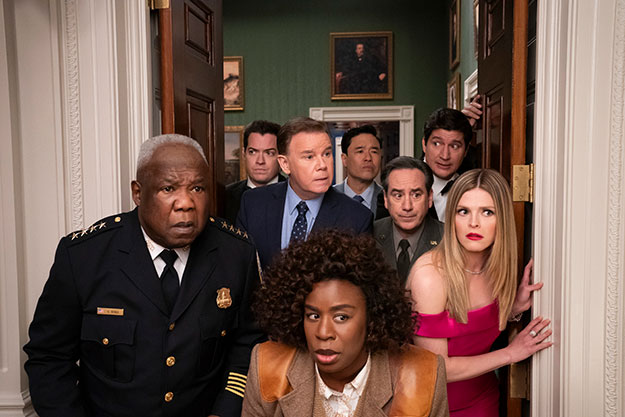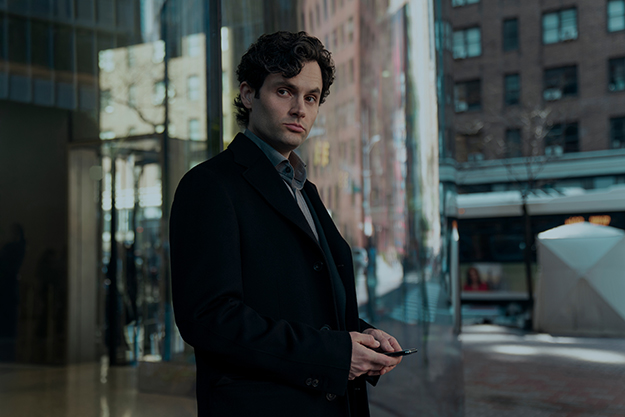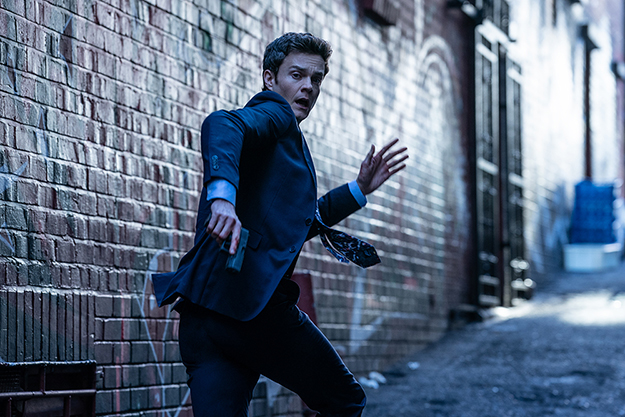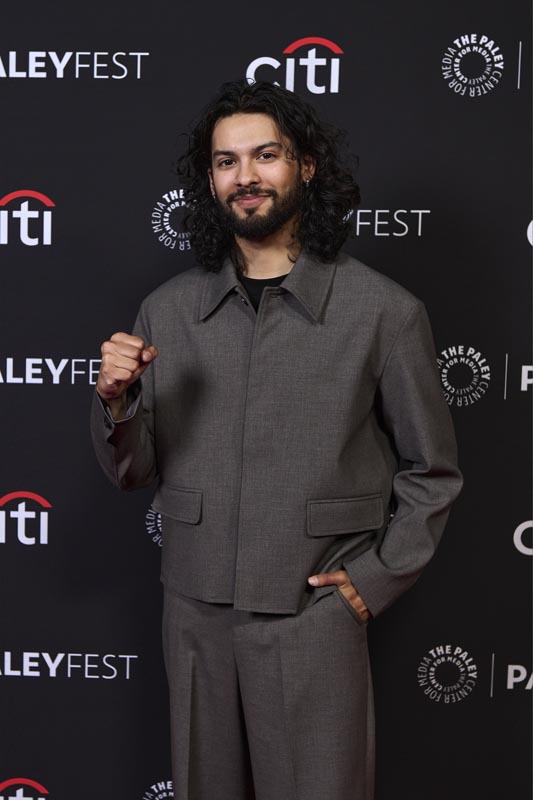Exclusive Interview: Victoria Alonso EVP Physical Production for Marvel Studios
It has been a fantastic year for Marvel women on screen. 2018 began with the women of Wakanda taking the box office by storm, followed by arcs in Avengers Infinity War that gave dramatic depths to Nebula and Gamora that had been unthinkable in the Guardian of the Galaxy Films and culminated this summer with the release of Ant-Man and The Wasp. For the release of the first Marvel Studio film with a female superhero in its title, Entertainment Affair talked to Victoria Alonso, a woman who has called the shots on the Marvel Cinematic Universe from the very beginning. During a lovely phone conversation the Argentinean filmmaker who has producing credits on all 20 Marvel films and became the supervisor of production for Marvel studios talked about her 10 years in the Marvel Universe and why she can't pick favorites,
Question: Part of the success of both Ant-man films are due to their very specific charm and humor, was keeping and expanding those elements a key part of developing Ant-man and The Wasp?
Victoria Alonso: Yeah. For us we continue to try to find different ways to tell you superhero stories> if we do it the same way, the audience eventually is going to walk away saying 'I'm done. I'm bored' So for us, we love to tell these stories but we always need to find different ways of doing it. And with this one, the new focus is the father-daughter that happens in Ant-man and the Wasp in three different levels. It happens with Hank Pynn, it happens with Scott Land and it also happens with the Laurence Fishburn character. I think with this one it's important to have that family feel. And those relationships lend themselves to all kinds of comedy that the others movies don't have.
Q: Ant-man and the Wasp is not on the scale of Avengers Infinity War, but this sequel presents the audience with a bigger Ant-man adventure, You have been supervising the effects of all the Marvel films would you say that this particular film is one of the most ambitious in that department?
VA: Yes, I think it's ambitious but in a very different way. When you tell this story in the micro or the macro world, it's consistently challenging that when you go very, very small it tends to be boring (visually). So you always have to find new ways for the scales to shift. It has to be something that is fun, entertaining and dynamic. And I think we were able to do that, not only when they go small but also when Ant-man becomes Giantman. It's definitely one of the most fun things we have done.
Q: More than any other characters in the superhero genre, villains or antagonist get scrutinized the most. Marvel has been doing really well of late in that department. But Ghost is a different kind of antagonist. She has a more humane and complex story. Was that aspect important she you took the character and made it your own for the big screen?
VA: The character was a chance for something new. Peyto (Reed the director) was very keen on the main villain or antagonist as you say being female. it was a chance for us to call out a little bit of a story that deals with the sins of her father. And also address what Hank Pym has done in the past, because the choices we make when we're young tend to haunt us a little later. But after you have a character like Thanos you can't go bigger, you just have to go different. And we thought Ghost was a perfect opportunity to play it incredibly different. The character in the comics is a man, but in the film it is a black woman. We thought it was a way of telling a story that was more diverse.
Q: Marvel Studios is celebrating 10 years of building the Marvel Cinematic Universe. How has the process of development and production change since you produced the first Iron Man?
VA: For us the process is the same. It's the same people at the helm. Louis (D'Esposito) Kevin (Feige) and myself. A lot of the creative producers that we have are the same people that we had when we started. And we have the same way of making films, talk about making films, processing the films through preproduction, shooting and post. I think we have a shorthand and if nothing else the volume has changed. Because we use to do one movie per year, now we do three. So that part is different and sometimes you have to be in three places at once which is rather difficult. But the rest hasn't change which I think is the beauty of who we are.
Q: You mean your emphasis on story?
VA: Yes we will always be about the story and making it the best that we can. For us Story is the boss. And that's what we say, you don't work for any of us you work for the franchise. That is what we work for and that's what inspires me to get on three freeways first thing in the morning.
Q: Speaking to that. Besides having to take three freeways, what is a typical work day like for you as the head of Physical Production at Marvel Studios?
VA: Everyday we have a number of conversations and meetings about different things. Sometimes we have to talk about where are we going to be shooting certain movies. Sometimes we talk about what movies we want to do. Sometimes it's about the casting of a movie. Sometimes it's about a character's new suit. Sometimes is talking story ideas with the writers. Then that goes to the storyboard artist and the previz artist and we put that together to discuss the animatics. If the movie is in post we talk about the cut, the visual effects, music, sound effects, formats and I can go on and on. And of top of it you have to choose the right people for the right project. And that's just probably the morning.
Q: Do you have a favorite of all those phases or do you enjoy being part of all of them?
VA: I love them all. I tend to not be able to pick favorites and fall in love with what I'm doing currently. And when I'm not working with those characters I miss them.
Q: The cinematic universe you have build on screen is quite diverse, but is that diversity reflected behind the camera with the people who make these movies?
VA: I think it is. It's getting better. We are making a true effort to have our cast and crew represent the world that sees these movies. Our movies are big movies so we need to have people with the experience to make them. But we constantly have tried to have a balanced group of people that can do the best they can for our franchises. But that is a constant part of our conversation and a consistent effort to find the best people in the most diverse, inclusive and balanced way.
Q: Who is your favorite female character in the MCU and why?
VA: My favorite female character is the one we haven't done yet and there are many of them. And why? Because we haven't done it.
Q: I guess that applies to your favorite male character as well?
VA: Yes indeed. Listen, for me I hope I get to spend the next four years of my life with all these characters. I love them all and I get excited to be able to tell their stories.
Q: Black Panther generated a fantastic cultural movement when it was released. Do you anticipate a similar reaction to Captain Marvel?
VA: Listen I've always said that if I am going to leave two movies as two big standing pillars of my legacy they are going to be Black Panther and Captain Marvel. The reason for that is because those movies open the world to something that we said we weren't ready for, that it couldn't be done or that the world did not want it. That's not true, the world wants it. And Black Panther has been a resounding yes. And my hope is that Captain Marvel will be a resounding yes. The world needs to see more movies like that, as they did with Wonder Woman which we supported whole heartedly. I think the more stories we tell about female empowerment, diverse and inclusive stories they will reflect the world that watches all of our movies. We have all kinds of different people watching our movies and we will have all kinds of superheroes.
See Marvel Studios' "Ant-Man and The Wasp" in theaters now.


